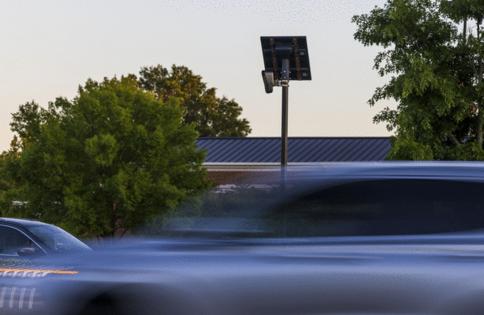California Attorney General warned police about license plate data law. Departments ignored him
Published in News & Features
SACRAMENTO, Calif. — Law enforcement agencies across California have routinely made data they collect from automated license plate readers available to federal and out-of-state police departments, despite guidance from Attorney General Rob Bonta declaring the practice illegal.
Still, Attorney Bonta and his office have not taken action against any of the agencies for sharing the information.
An investigation by The News & Observer, a sister publication of The Sacramento Bee, found more than 20 agencies that let non-California departments access license plate reader data collected by one major security firm as of late May, in apparent violation of state law.
Some California law enforcement shared their data with dozens of outside departments, The N&O found. The police department for El Cajon, a city near San Diego, topped the list, making the information available to more than 130 non-California agencies.
The College of the Sequoias District Police Department, in the Central Valley, was second with 91. Its police chief said it stopped making the information available after being contacted by The Bee. The Menifee Police Department, in the Inland Empire, was the third highest with 30.
That said, the number of agencies that have made their data available is likely even more widespread than The N&O found. The paper’s review only focused on departments that use readers made by Flock Safety, a major player in the market that has a network of tens of thousands of cameras across the country.
A report published Wednesday by the Sacramento County grand jury found the Sheriff’s Office and Sacramento Police Department both recently shared license plate data out of state. Yet neither used Flock Safety cameras at the time in question, according to a company spokesperson.
Sacramento police and the Sheriff’s Office both said they have stopped sharing their data, according to the grand jury’s report and the agencies.
The sharing of license plate data has concerned advocacy groups who fear departments in other states could use the information to track the vehicles of people who seek an abortion or gender-affirming care in California, or to identify undocumented immigrants for deportation.
Last year, Bonta’s office issued guidance warning departments not to share license plate reader information with agencies outside California. Late last month, his office took its most targeted action to date, sending letters to 14 police agencies in the state.
...continued
©2024 The Sacramento Bee. Visit sacbee.com. Distributed by Tribune Content Agency, LLC.







Comments